Healthy Pursuits Beyond the Laboratory
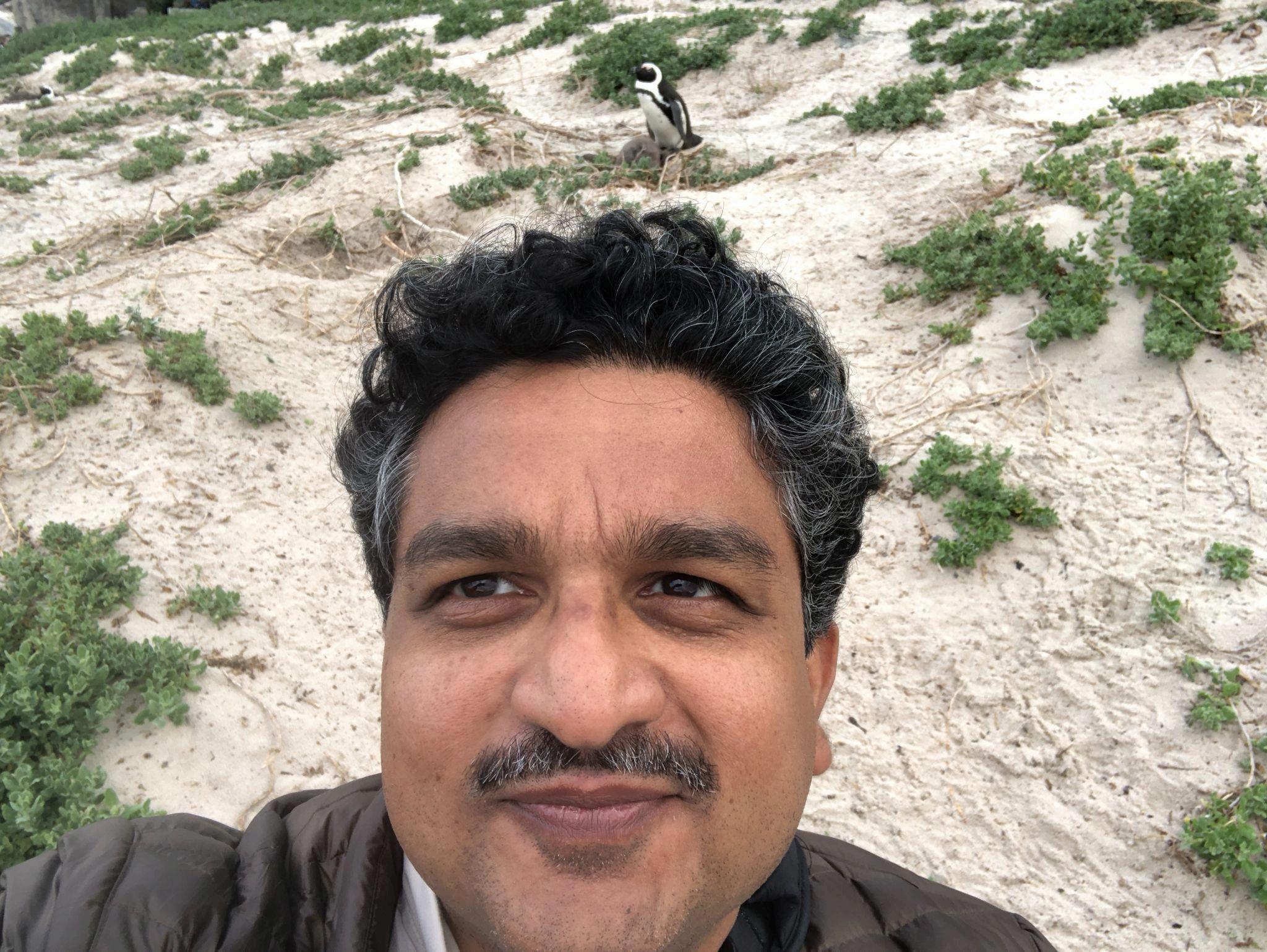
Isam Vaid suggests that for a health scientist, professional life often revolves around research, data analysis, and long hours in laboratories or clinical environments While such dedication contributes to vital discoveries and improvements in human well-being, life outside the profession also plays a significant role in maintaining balance, inspiration, and overall health. Hobbies and personal interests are more than simple diversions; they enrich the mind, body, and spirit in ways that complement scientific practice. From creative outlets to physical activities and mindful pastimes, the hobbies pursued by health scientists often shape a well-rounded lifestyle
Gardening is one pursuit that connects scientific precision with natural growth For a health scientist accustomed to experiments and hypotheses, tending to plants provides both relaxation and curiosity. Observing how soil, water, and sunlight interact to nourish life offers parallels to biological research, yet in a calmer and slower form Gardening also delivers therapeutic benefits, reducing stress while encouraging physical activity and mindfulness The rhythm of
planting, watering, and harvesting reminds scientists of the interconnectedness of all living systems, aligning well with their professional understanding of health and ecology.
Another popular activity is hiking, which allows health professionals to step away from controlled environments and into the unpredictable beauty of nature. Long walks through trails, forests, or mountains offer physical exercise that strengthens the cardiovascular system, while also providing mental clarity. The immersion in natural settings can spark creativity and problem-solving, allowing scientists to return to their work with fresh ideas Hiking also fosters resilience, as enduring uneven paths and changing conditions mirror the perseverance required in scientific research.
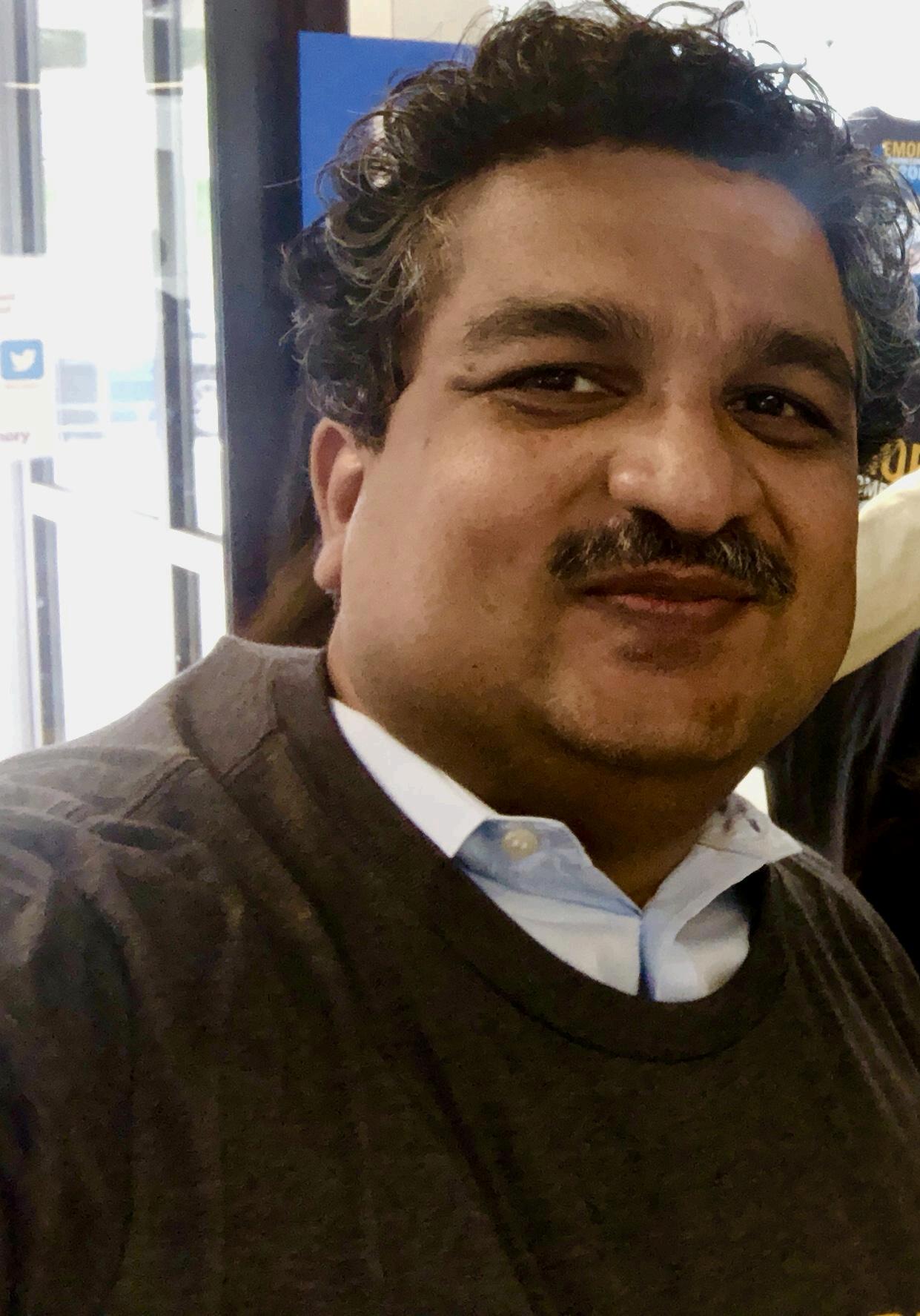
Creative pursuits such as painting, writing, or playing musical instruments also enrich the lives of health scientists. Engaging in art allows them to express emotions that may not fit into clinical reports or scientific papers A scientist who paints after work may discover new ways to visualize complex concepts, while writing can serve as both a reflective tool and an outlet for imagination. Music, meanwhile, offers relaxation and stimulates different areas of the brain, balancing the structured thinking required in professional roles with more fluid creativity
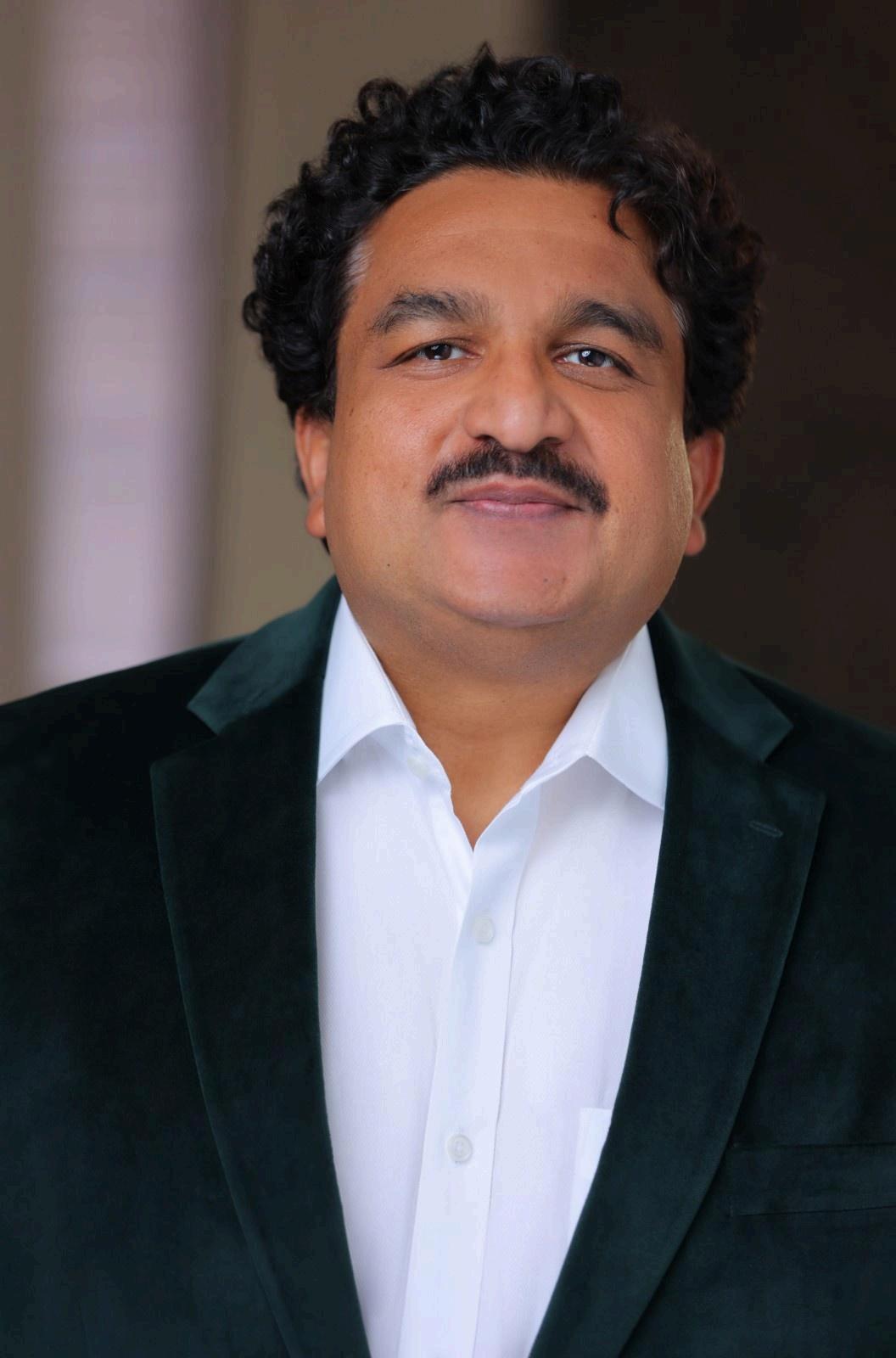
For some, sports and fitness activities provide the perfect balance to academic or laboratory routines. Tennis, swimming, cycling, or even yoga become essential hobbies that promote endurance, flexibility, and strength Regular exercise contributes not only to personal health but also enhances energy levels and mental sharpness, qualities directly beneficial to demanding scientific work. Team sports additionally bring collaboration and social interaction, reminding scientists of the importance of communication and teamwork beyond the workplace
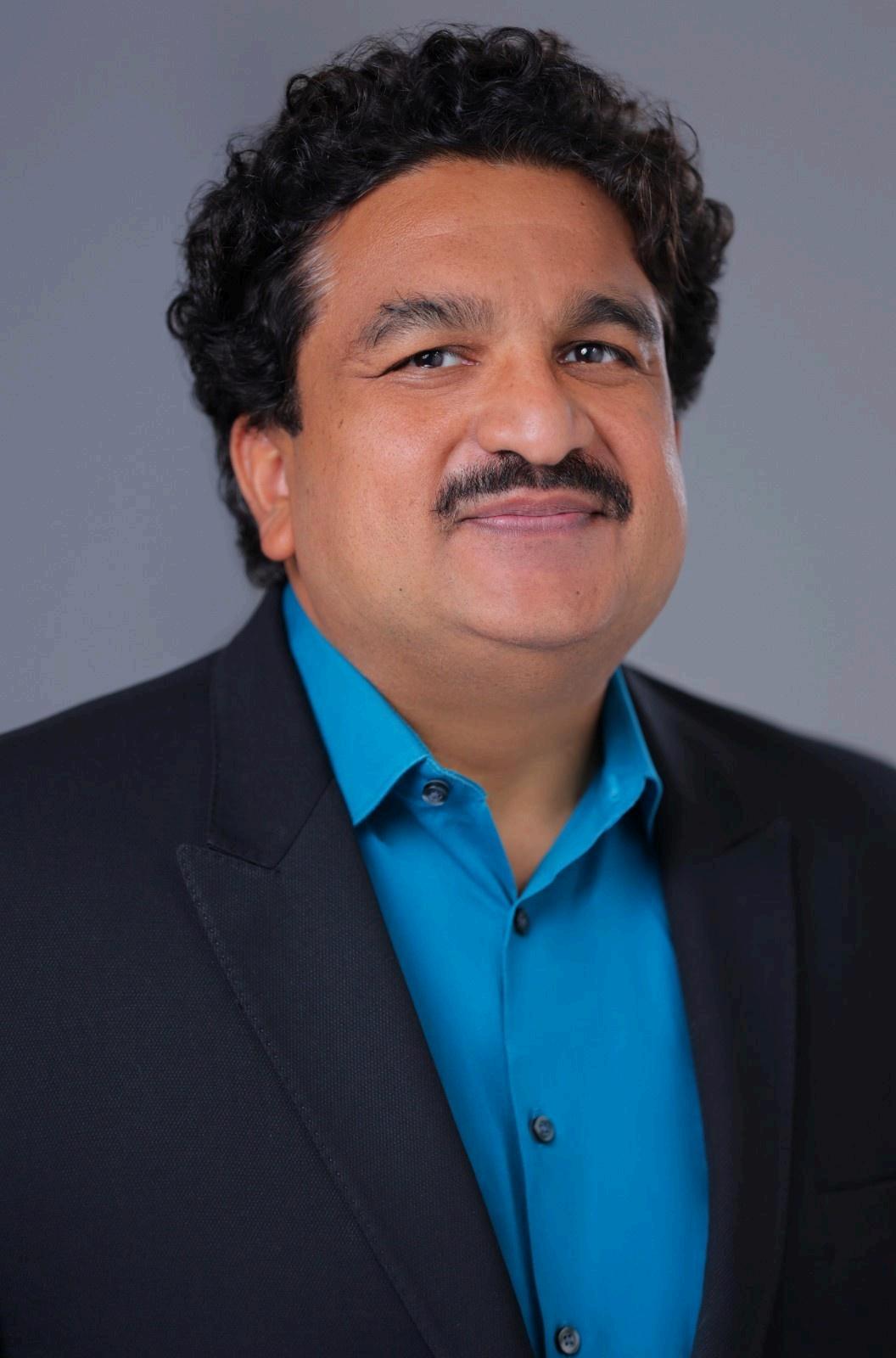
Travel also holds a special place among the enriching hobbies of health scientists Exploring different countries and cultures broadens perspectives, offering insights into global health practices, nutrition, and lifestyles Travel is not only recreational but also educational, helping scientists see connections between cultural habits and health outcomes. Whether it involves visiting a historical site, enjoying local cuisine, or engaging with new communities, travel cultivates empathy and adaptability

Mindfulness practices, including meditation and yoga, further strengthen the mental resilience of health professionals A field that often involves high stress and responsibility benefits significantly from practices that promote calmness and focus Meditation helps in processing challenges with clarity, while yoga combines both physical and mental renewal. These hobbies nurture patience, a trait that aligns closely with scientific work, where results often take years to achieve.
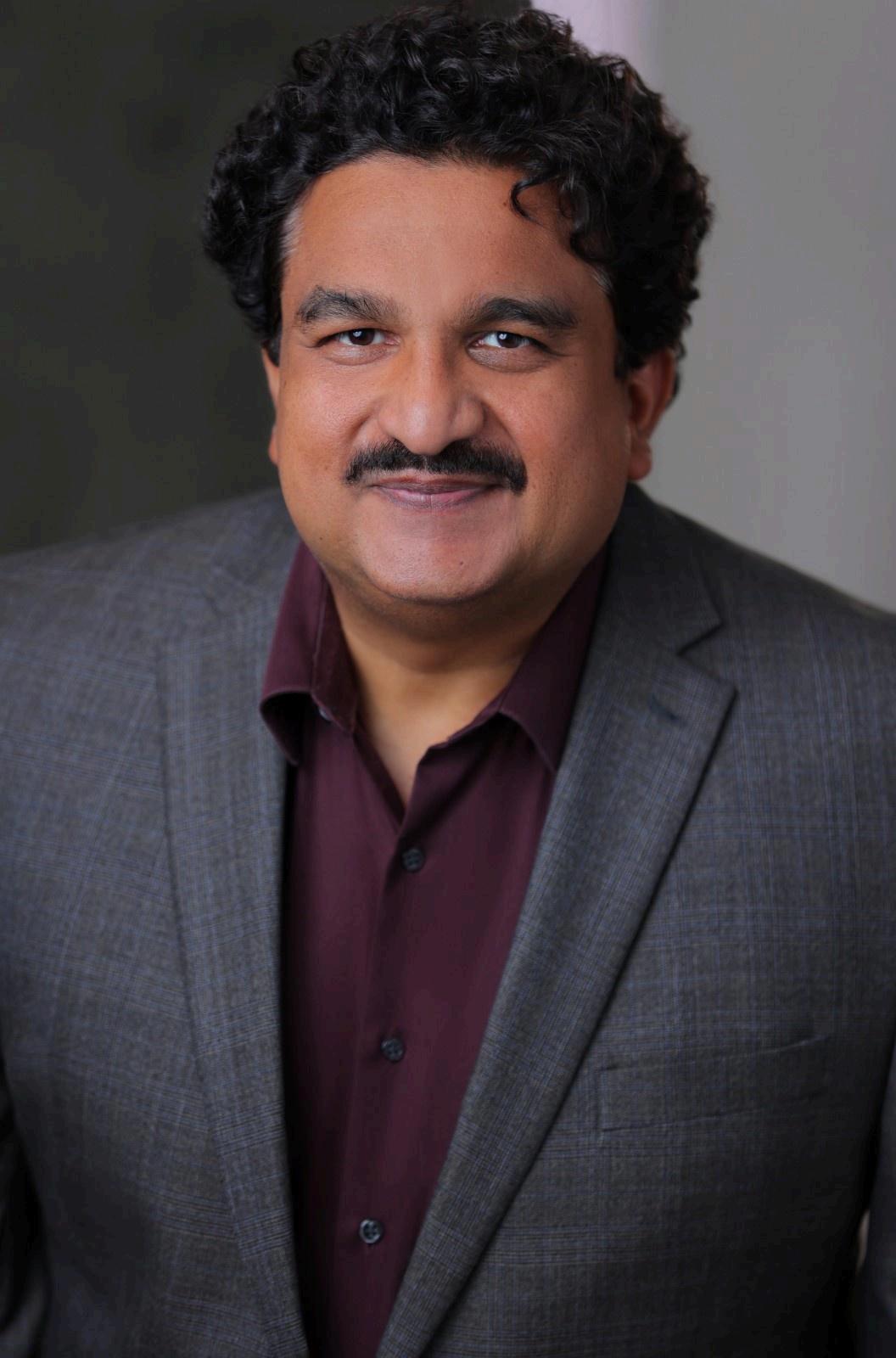
The hobbies of a health scientist extend far beyond leisure. They represent opportunities for balance, self-care, and continuous growth Whether it is nurturing a garden, climbing a mountain trail, composing music, or practicing yoga, these activities reinforce the qualities that make scientists effective in their work: observation, persistence, creativity, and empathy. By embracing a variety of interests, health scientists not only maintain their own well-being but also bring renewed energy and perspective to their contributions in advancing health and science.
